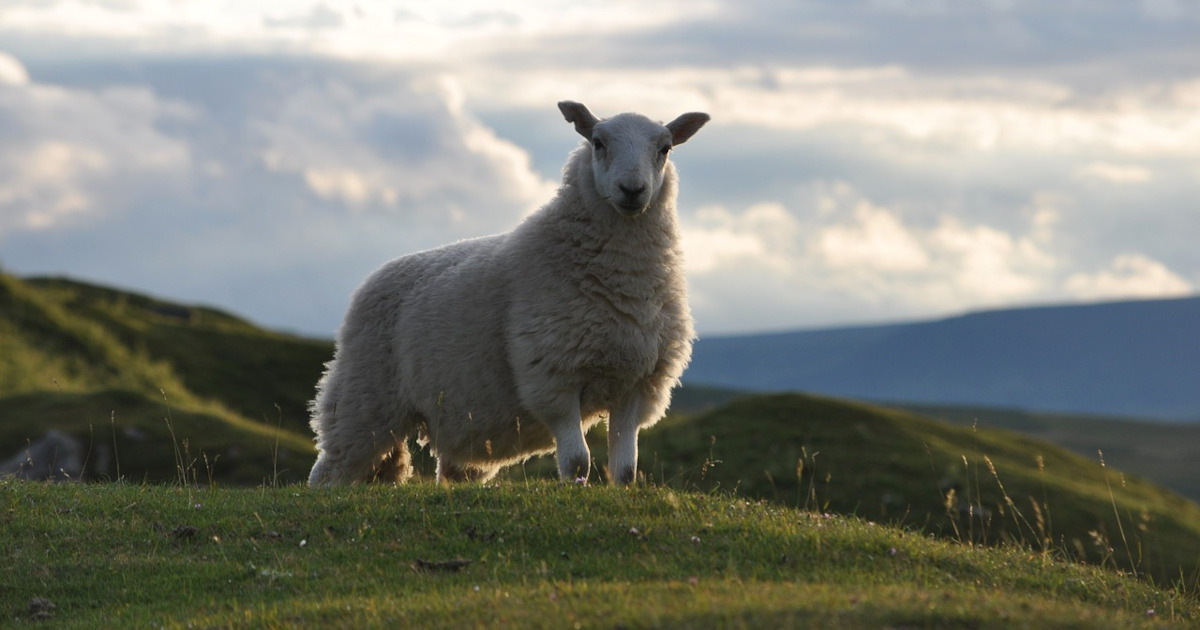
Maine’s Somali Bantus Are Reenvisioning American Farming
On 104 acres in Wales, the farmers of the Little Jubba agrarian commons are demonstrating another model for American agriculture — and replanting what was once uprooted.
August 31, 2021 | Source: Down East | by Katy Kelleher
On 104 acres in Wales, the farmers of the Little Jubba agrarian commons are demonstrating another model for American agriculture — and replanting what was once uprooted.
On a recent Saturday at the Little Jubba Central Maine Agrarian Commons, Ali Hamsa and Muhidin Libah took a break from building a fence around a goat pasture to share a laugh at the orneriest kid in their herd. “She’s aloof,” Libah explained, in English. “She doesn’t get along with the others.” Hamsa made a joke about the scruffy goat in Maay Maay, the language of the Somali Bantu people, and Libah laughed. As they went on working, chatting in their native tongue, their banter had an easy, relaxed rhythm that even a nonspeaker could appreciate.
Farmland was abundant where the two men once lived, in Somalia’s fertile Jubba River valley, where genocidal violence displaced thousands of Somali Bantus in the early ’90s. If you wanted to farm there, Libah says, you simply filled out a form at a permit office and selected some land. “It’s not like America,” he says of his homeland. “Maine is more rural than most places, but it is so much more rural than Maine.”
